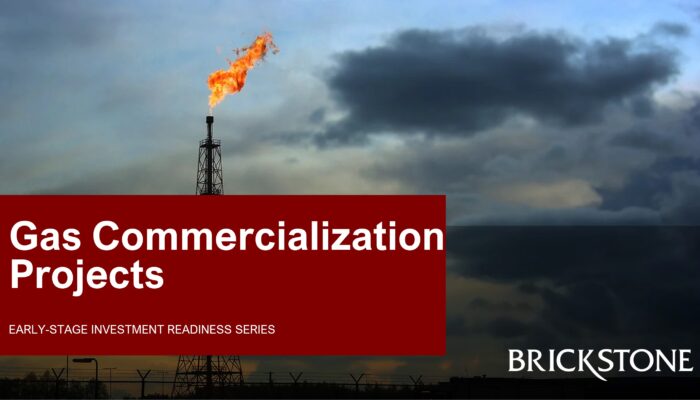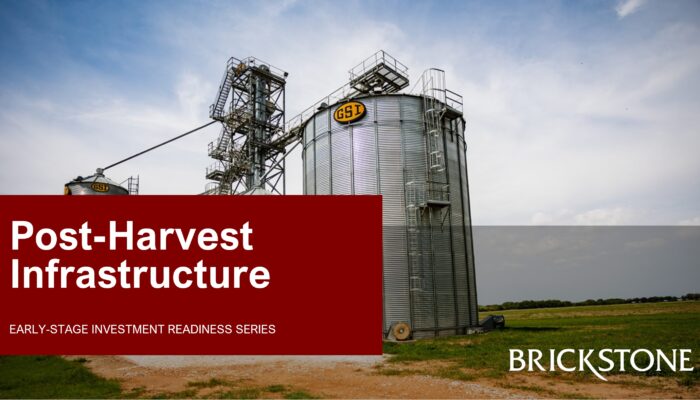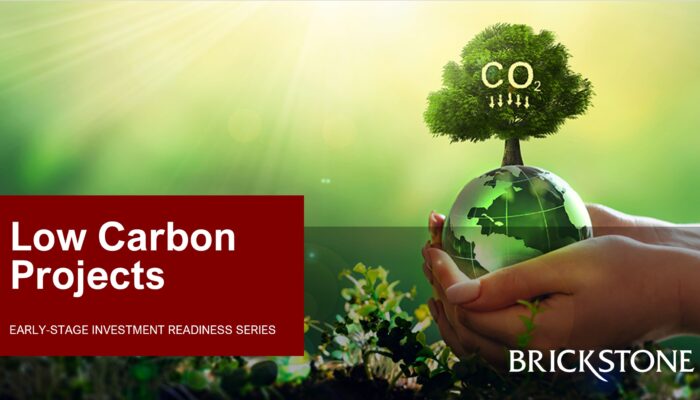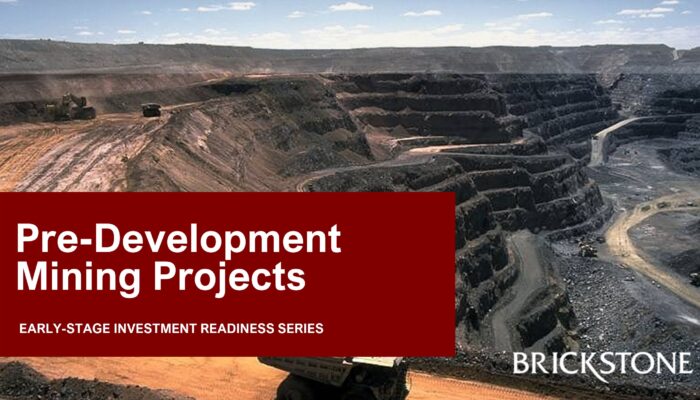

Overview
- A low-cost Open Learning Programme for building capacity of locally based project sponsors of on Low Carbon Projects in Africa.
- To provide substantial infrastructure expertise for on Low Carbon Projects Sponsors to understand project preparation, financial structuring and have a workable development plan for the project sponsor to be taken seriously within the Early Stage investment community.
- To use the programme as a basis of selection for early-stage investors to single out projects that have traction, show bankability and a sponsor team that can raise pre-development capital i.e Project Preparation Financing
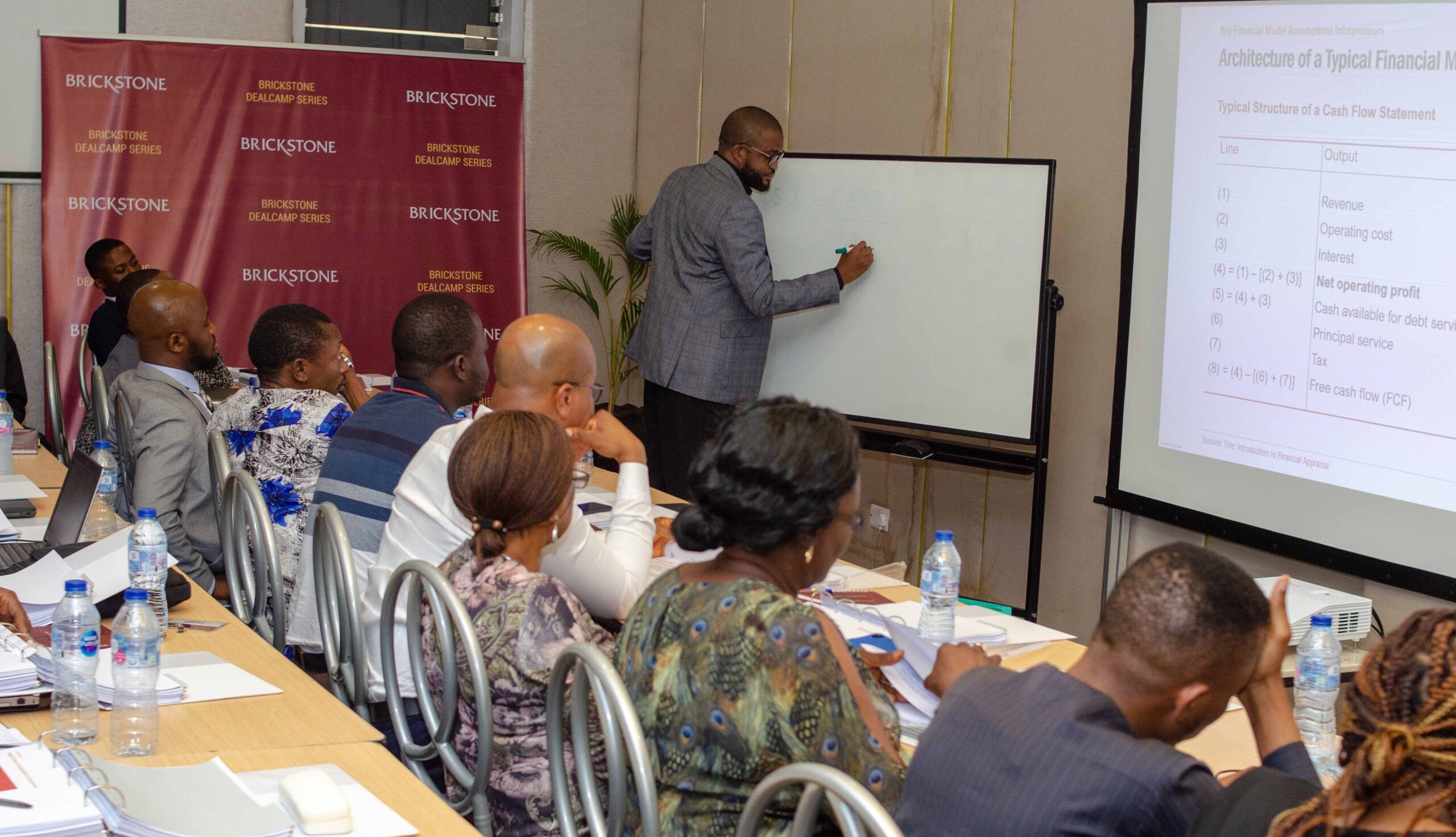
Programme Structure
The Programme is an 8-Week Online Programme, that will take place 6-8 hours weekly on the Learning Management System (LMS), Virtual Class sessions, WhatsApp Group sessions, and In-person sessions, using innovative classroom management tools. Lectures will be delivered in modules that afford participants the flexibility to run their businesses, while participating in the programme. As the classes progress, participants will develop their growth plans and make immediate improvements in their respective projects.
Application Process
Stage I: Interested applicants can apply using the Apply Button (blelow)
Stage II: Following a review of all received applications, candidates will be shortlisted for a short online meeting after which suceessfull applicants will be selected to pay the application fee or sponsored by a Corporate/Development Organization. If you are interested in Sponsoring a cohort of this programme please click
Why Low Carbon Projects?
Climate change experts have identified low-carbon infrastructure as a key solution to preventing environmental damages to the people from the gas emissions caused by infrastructure. It is also critical to achieving climate change targets like the Paris agreement, net zero emissions by 2050, and other national climate goals.
Low-carbon infrastructure generates fewer carbon emissions than traditional infrastructure and helps build resilience in vulnerable countries while protecting against exposure to extreme climate change events.
The Early-Stage Investment Readiness for Large Scale Low Carbon Projects focuses on the following that have Project Finance Characteristics

Solar PV (C & I) & Storage
Solar PV (Commercial and Industrial) & Storage
Wind based Power
Wind Farm Development
Low Carbon Mass Mobility
Using EV or CNG Mass Transit (using PPP Model)Programme Overview
The Programme aims to help with Early Stage Investment Readiness for Low Carbon Projects to typically meet the following Bankability objectives
 How Low Carbon Projects can be characterized by a high degree of revenues predictability under a (partial or full) Contracted Revenue Arrangement with a creditworthy counterparty
How Low Carbon Projects can be characterized by a high degree of revenues predictability under a (partial or full) Contracted Revenue Arrangement with a creditworthy counterparty  How Low Carbon Projects can be delivered under a fixed construction price and schedule with a Building (or EPC) Contractor with clear strategies for Optimal Operations during Post-Construction
How Low Carbon Projects can be delivered under a fixed construction price and schedule with a Building (or EPC) Contractor with clear strategies for Optimal Operations during Post-Construction  How Low Carbon Projects can be governed independently with strong Governance Systems and operate in an environmentally sustainable manner from development stage to post-construction phase
How Low Carbon Projects can be governed independently with strong Governance Systems and operate in an environmentally sustainable manner from development stage to post-construction phase
Pre-Acceleration Programme Outline
The goal of this programme is to equip infrapreneurs with an overview of Project Finance by taking them through all the stages of a Project Development Lifecycle to be able to develop and apply the skills-set to achieve investment-ready projects in Large Scale Low Carbon projects. The course provides important experience and practical examples in the following areas:
Developing Low-Carbon Projects
Week 1 to 3
- Introduction to Low Carbon Projects
- Overview of Project Finance
- Principles of Risk Allocation
- Contract Mechanics in Project Finance
- Project Development of Low Carbon Projects
- Introduction to Pre-Financing Stage
- Brickstone Project Bankability Framework
- Achieving Bankability:
- Predictable Cashflow
- Construction & Operations
- Governance & Sustainability
De-Risking Low Carbon Projects
Week 4 to 5
- Introduction De-Risking Large Scale Projects
- De-risking for Bankability (Practical Exerices)
- Solar PV C&I Projects
- Wind Farm
- Low Carbon Mass Transit
- Introduction to Bankability Planning Report
- Infraprenuerial Guide to Financial Models
- Developing Basic Financing Assumptions
- Demo – Bankability Banking Report
Financing Low Carbon Projects
Week 6 to 8
- Introduction to Financing Stage
- Key Concepts in Project Finance Deal Structuring
- Infraprenuerial Guide to Financial Models
- Developing Basic Financing Assumptions
- Managing Due-Diligence
- Key Concepts in Finance Documents
- Introduction to Security Arrangements
- Introduction to Direct Agreements
- Key Enhancement to FC
- Ensuring Financing Close
- Post-Financial Close Activities





